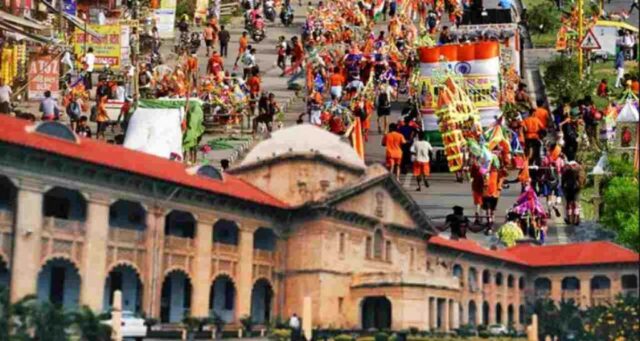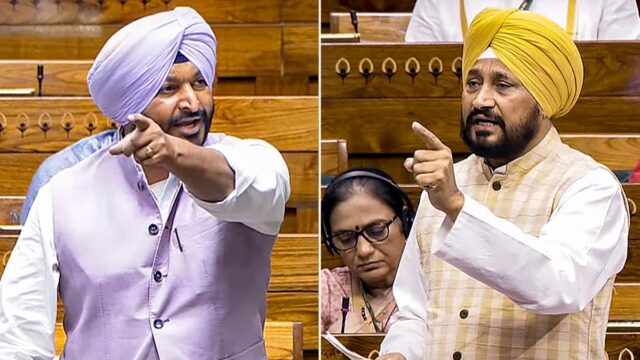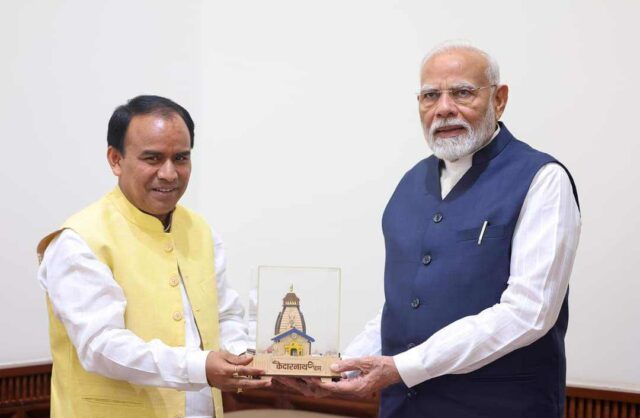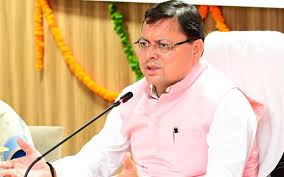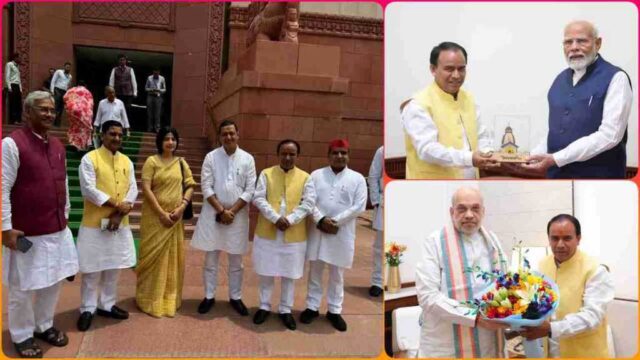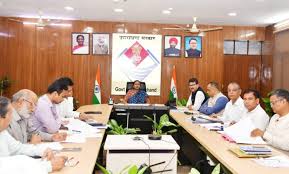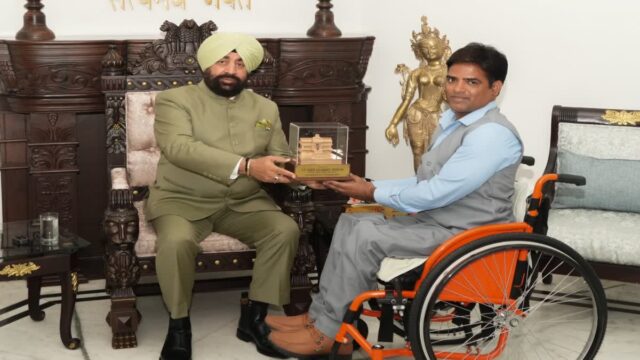Minimum Support Price for Minor Forest Produce injects Rs 2000 crore plus into the tribal economy

Procurement of Minor Forest Produce items has been initiated in 17 States with total procurement worth Rs. 835 Cr through Central Government and State funds and almost Rs 1200 crore through private trade (through sales at Mandis/ haat bazaars) since April 2020. This takes the total procurement for the year to Rs 2000 crore and provides a direct benefit transfer to tribal people in lieu of their Minor forest produces.
This was disclosed at a media briefing webinar organised by TRIFED in New Delhi today.The webinar titled “MSP for MFP takes roots in Tribal India” was chaired by MrPravir Krishna, Managing Director, TRIFED.
The Van DhanYojana (Start-ups scheme), an initiative of the Ministry of Tribal Affairs, has proved to be successful within a year of its implementation, with the establishment of 1205 Tribal Enterprises and providing employment opportunities to 3.6 lakh tribal gatherers and 18000 Self-help groups in 22 States. This successful implementation has also acted as a catalyst in helping the Minimum Support Price for Minimum Forest Produce Scheme take roots across the country.
Mr.Pravir Krishna explained through a presentation that the scheme to begin with , was limited to two states but has now been expanded to 17 States. (which include Andhra Pradesh, Assam, Chhattisgarh, Gujarat, Jharkhand, Karnataka, Kerala, Madhya Pradesh, Maharashtra, Manipur, Nagaland, Odisha, Rajasthan, Tamil Nadu, Tripura, Uttar Pradesh and West Bengal.)
Mr. Pravir Krishna elaborated on the importance of this scheme and how it provides a legitimate fair deal for the tribals in the trade of Minor Forest Produce (MFP).
The unprecedented circumstances caused by the ongoing COVID-19 pandemic threw up challenges and resulted in a severe crisis among the tribal population. Unemployment among youth, reverse migration of tribals threatened to throw the entire tribal economy off track. It is in such a scenario that the MSP for MFP presented an opportunity to all the States.
With the months of April-June being the peak in terms of the collection of Minor Forest Produce, it was evident that without government intervention and procurement, it would have been disastrous for the tribals especially in the circumstances created by Covid 19. In this regard, to promote and safeguard the tribal livelihoods and safety during these times of distress, several meetings (via video conferencing) were conducted to draft a joint strategy between the States and the Ministry of Tribal Affairs. To provide a fillip to the sagging tribal economy, a revised MSP for MFP guidelines were issued on May 1 2020, which increased the MSP prices of the MFPs by up to 90% and thus helped in providing higher incomes for the tribal gatherers.
The Ministry also recommended the addition of 23 new items under the MSP for MFP list. These items include agricultural and horticultural produce collected by tribal gatherers.
Shri Krishna explained how State and national level webinars were conducted along with UNICEF, WHO and Ministry of Tribal Affairs in April to create awareness among the tribal gatherers for following social distancing measures and maintaining necessary hygiene required for carrying out their operations. The motto was to STOP COVID and NOT WORK! This message was disseminated through advertisements, campaigns in states and social media.
After summing up these phenomenal efforts during the times of crisis, Shri Krishna informed the audience as to how this scheme is not a flash in the pan, a one-time effort. With the Covid-19 Relief Plan under Article 275 (1) under which assistance would be provided to States for expanding the collection, procurement, harvesting and processing of MFPs; establishment of Van DhanKendras and promoting tribal entrepreneurship; establishing Tribal Producer Companies and Common Facility Centers (CFCs); tribal food and nutrition security and food & non-food assistance to tribal gatherers; and preventive healthcare and strengthening of tribal health care systems, this MSP for MFP scheme would get a Rs 1300 crore boost.
Post this detailed summary, Shri PravirKrishna presented some real-life examples from states like Maharashtra, Odisha, West Bengal, Uttar Pradesh and Assam to showcase how procurement is taking place, in a well-oiled, institutional manner. Procurement is not ad-hoc; instead there is a process in place! Every centre has a board and an electronic weighing machine. Communication and messaging methods in spreading the word about the revised prices have been put in place.Details such as the value of procurement, items being procured, and the number of procurement centres were highlighted for all these cases.
Mr Pravir Krishna disclosed that Chattisgarh has emerged as a Champion State for its commendable efforts. The State has 866 procurement centres and the State has leveraged its vast network of Van Dhan SHGs from the 139 Van DhanKendraseffectively as well.
An innovation adopted by the state has particularly won acclaim. Door to door collection was initiated in Ramanujganj district of the State. Mobile units comprising of forest, revenue and Van Dhan Vikas Kendra officials were put in place and they went and procured the produce from each house. Chhattisgarh’s success in organising such an effort has made it a model state and all states are sending teams to observe and then implement this method as best practice.
Shri Pravir Krishna concluded his address by speaking about the ambitious, yet doable plans for the future. He expressed confidence that with the right convergences and boost, the MSP for MFP can transform the tribal ecosystem and empower the tribal people. Mera Van MeraDhanMeraUdyam is the motto for the present and future!

